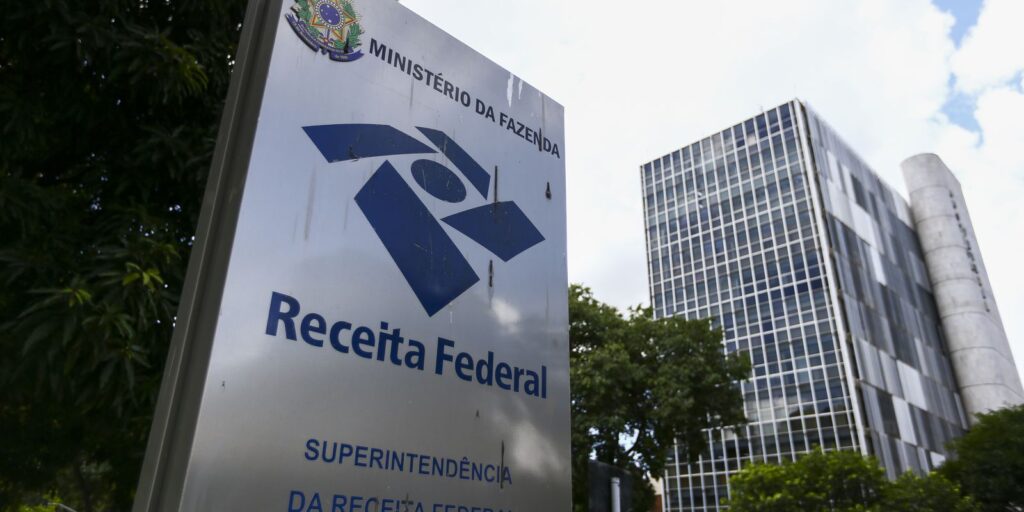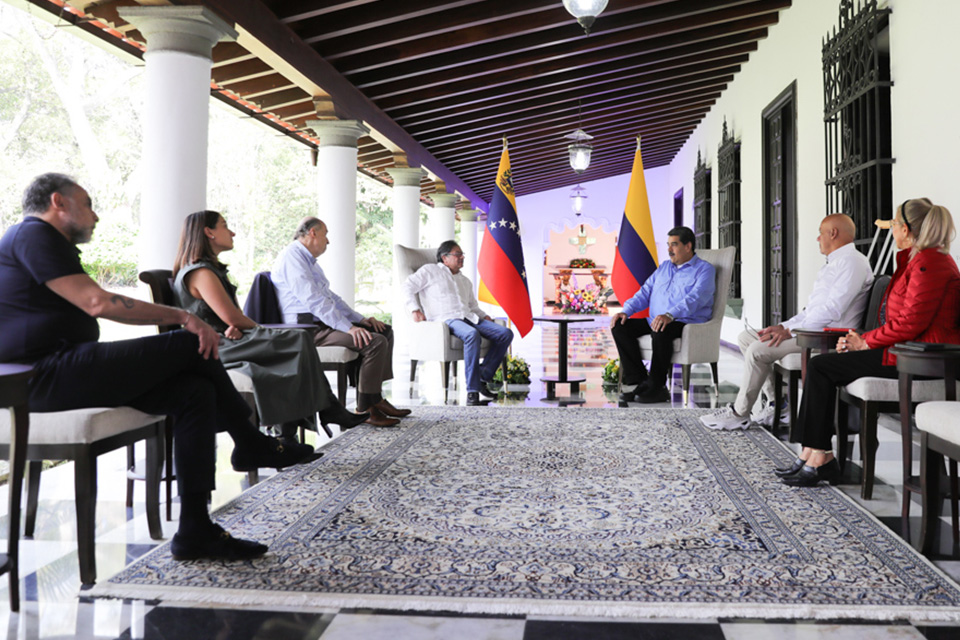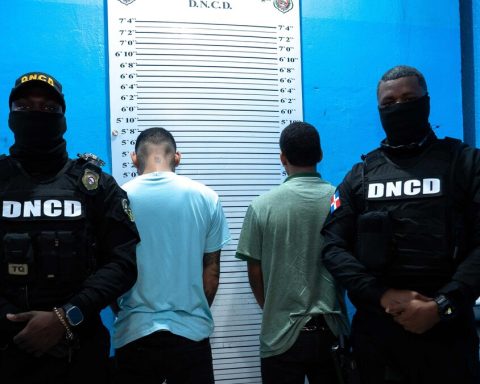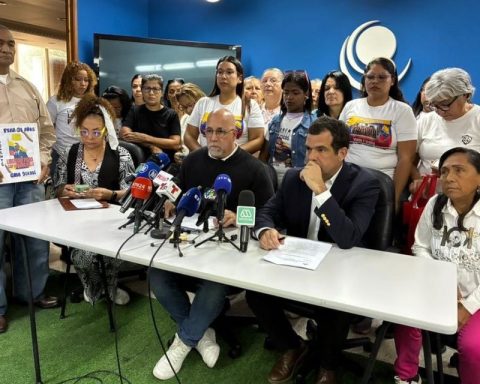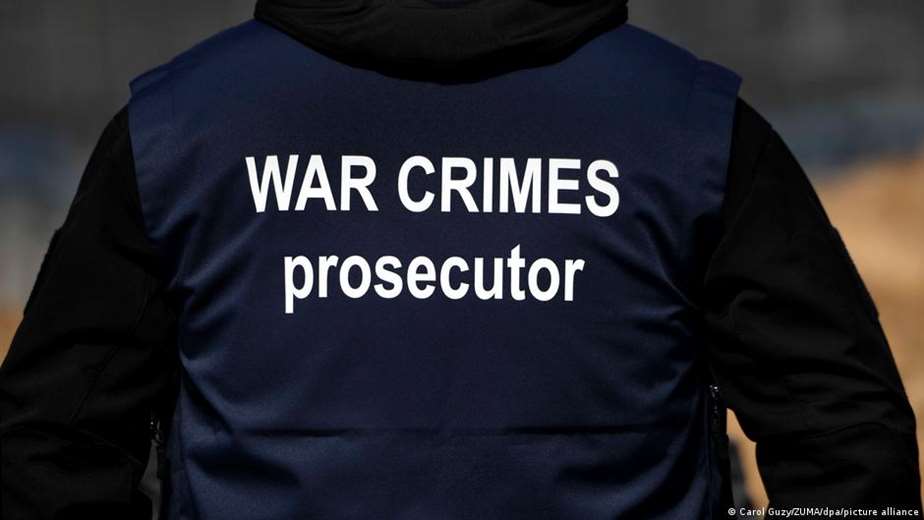
March 23, 2023, 10:23 PM
March 23, 2023, 10:23 PM
Since the Russian invasion in February 2022, the Ukrainian authoritiess have registered more than 75,500 war crimes by the Russian Armed Forces. However, despite the tireless work of investigators and prosecutors, it could take decades for most of the culprits to be brought to trial.
More than 30 Ukrainian NGOs, grouped under the name of “Ukraine 5AM Coalition” (Ukrainian 5 AM Coalition), support the investigations. Its goal is to give a voice to the victims of aggressions Russian authorities and impose penalties both on the direct perpetrators of the crimes and on the leaders of the government in Moscow.
Some of the member organizations carry out this work since the annexation illegal Crimea by Russiain 2014. Now, they share their experiences with colleagues from civil society and representatives of investigative authorities.
The sources: own contacts
According to Román Avramenko, director of the Truth Hounds organization, which documents war crimes, collaboration between officials and human rights defenders works well.
Through hotlines and on the spot, NGOs gather testimonies from war victims. They also installed an electronic data bank to exchange information with government authorities. And in some places they even conduct their own research. Sometimes they also train Ukrainian investigators in recognizing war crimes.
Tetyana Petshontshyk, from the ZMINA human rights center, says that there are cases of forced deportations that have not been recognized as war crimes by either the authorities or the victims.
“ZMINA documented 233 cases of deportations, for example, in the Kharkov region, on the border with Russia. Talking with those affected, we realized that almost none had reported the case to the authorities. Many times people do not understand that they have been victims of a crime because the deportations were disguised as evacuations,” he explained to DW.
Even more complicated is the situation of journalists and activists detained in Russian-occupied territories, says Olga Skrypnyk of the Crimean Human Rights Group. Many times, only the relatives of the detainees report their disappearance, and, since there is no formal accusation against the prisoners, they have practically no legal protection. In many cases, only through their own contacts and networks, NGOs manage to locate detainees in Russian prisons.
aggressive propaganda
Since the beginning of the Russian invasion, the Institute of Mass Information (IMI, for its acronym in English) has documented more than 500 crimes against representatives of the media. IMI director Oksana Romanyuk criticizes that the incorrect term “disinformation” has been used for years.
In your opinion, “when talking about Russian propaganda, you forget that this is actually an extreme form of hate speech.” This includes calls for genocide, bombing civilian targets and killing Ukrainians, he says.
However, IMI is aware that international law does not criminalize aggressive propaganda. “Our challenge is to make those responsible receive the punishment they deserveinternationally as well,” stresses Romanyuk.
Another challenge for NGOs is that the material collected, such as photos and videos from social networks, is recognized as valid in criminal investigations.











